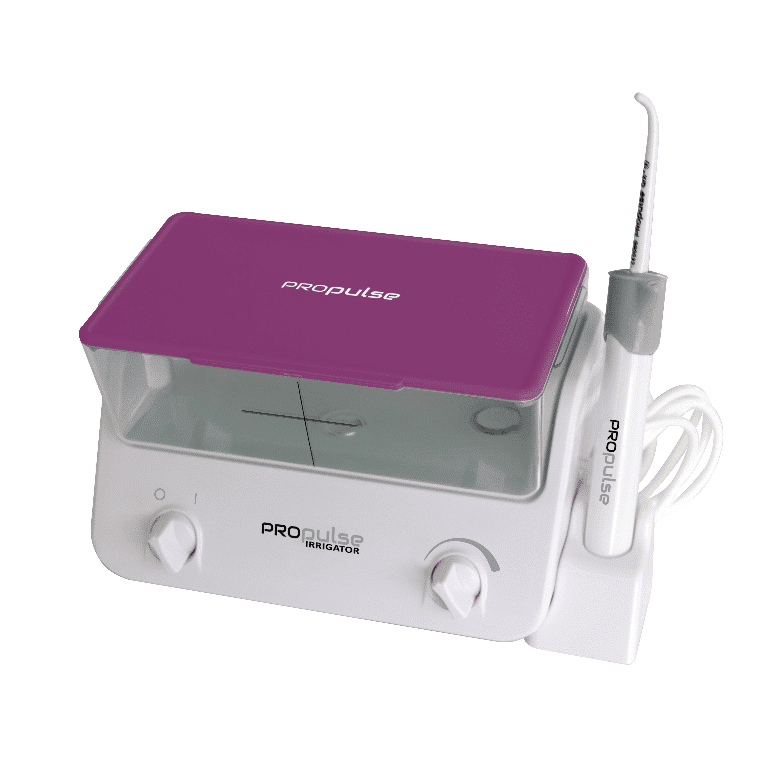A Complete Guide For Ear Irrigation
by Admin
Posted on 23-08-2022 08:06 AM

From 1st july 2020
ear
irrigation (ear syringing) will no longer be available at hampton wick surgery. We are committed to providing best practice and high quality medical care to our registered patients. Ear syringing is no longer considered to be the first line treatment for the clearing of ear wax and it is not a funded service within the nhs for general practice.
Current guidelines are that ear drops should be used to soften the wax which will then enable the natural movement of the wax from the ear. In line with current best practice and many other gp surgeries nationwide, hampton wick surgery has made the decision to withdraw the ear syringing service with effect from 1st july 2020.
Before accessing an initial appointment with a registered nurse/health care professional patients should be encouraged to oil their ears for an agreed period prior to having them re-assessed for ear irrigation. The nice guidelines on the management of earwax published in june 2018 suggest that the use of drops for 3-5 days prior to irrigation can work well for a significant number of patients. The research available suggests that there are some advantages of using softening agents prior to ear irrigation but there is no evidence that one type is superior to another ( cochrane study 2018). It is essential to ensure there are no contraindications prior to undertaking the procedure and this is documented in the patient’s notes.
Some people are troubled by repeated build-up of earwax and require ear irrigation every so often. In this situation, to prevent earwax building up and forming a plug, some doctors recommend using ear drops regularly - for example, olive oil ear drops. You may also consider buying a bulb syringe which can be used at home to perform your own irrigation. However, there is no clear research evidence to guide on this issue. For example, it is not clear how often the drops should be used. Different doctors advise different things - from daily, to once a fortnight. It is also not clear if regular use of ear drops does actually prevent earwax from building up.
When wax builds in a patient’s ear canal, nurses may need to perform an ear irrigation. If performed incorrectly, ear irrigations can lead to adverse events such as infection and tympanic membrane perforation. Manually removing earwax with instruments like forceps requires adequate visualization, training, experience, and a cooperative patient. This article will focus on the art of ear irrigations, an essential task for nurses and other medical staff. Mastering these skills may open doors in a nurse’s career and contribute to higher patient satisfaction rates. (click here to see our complete list of the most common nursing duties and responsibilities).
What Is Ear Irrigation?
Some people become accustomed to attending regularly for ear irrigation, believing it is necessary to prevent them experiencing hearing loss.

Patients need to see a gp first and then if they are assessed as requiring irrigation they will be asked to use ear drops for 2 wks, then they can book in with the nurse or health care assistant for ear syringing. They must put the olive oil drops in twice a day for two weeks to make the wax loose enough in order for it to be irrigated. If a patient does not put it in appropriately it will not work.